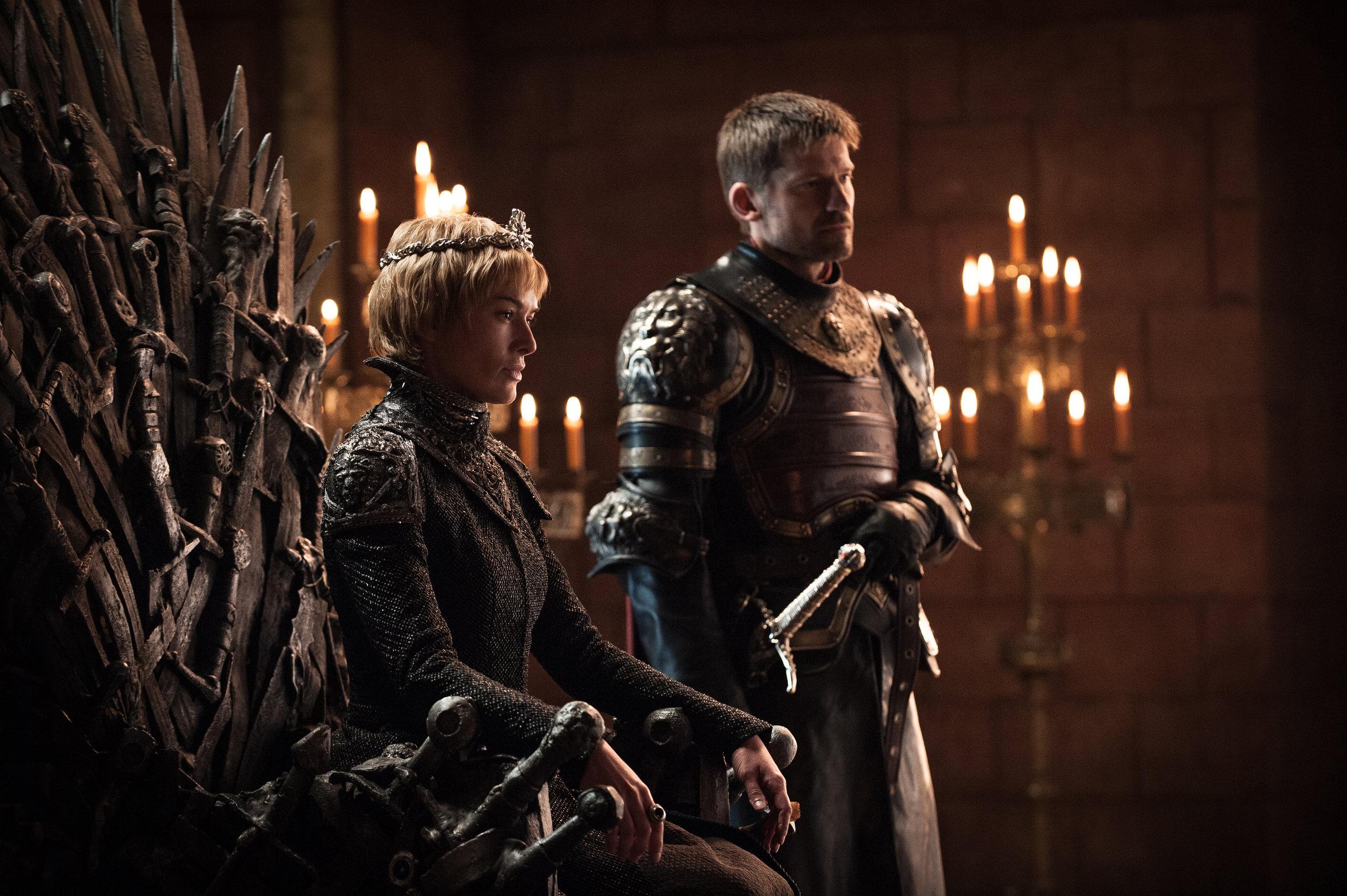Games of Thrones: Harvard to offer course themed around the HBO series
'The Real Game of Thrones: From Modern Myths to Medieval Models' will examine how the show interacts with real historical culture and archetypes

Game of Thrones is so complex in its own mythology, it would likely take actual scholars to understand exactly how everything connects.
Though Harvard's new course themed around the show won't be acting as an explainer as to who exactly Azor Ahai might be, it does take inspiration from the HBO fantasy series in its quest to delve into historical reality.
TIME reports the university will now be offering a new Folklore and Mythology course entitled, 'The Real Game of Thrones: From Modern Myths to Medieval Models', which will look at how both George R.R. Martin's book and the TV show, "echoes and adapts, as well as distorts the history and culture of the 'medieval world' of Eurasia from c. 400 to 1500 CE".
The course will examine in particular "a set of archetypal characters at the heart of Game of Thrones — the king, the good wife, the second son, the adventurer, and so on — with distinct analogues in medieval history, literature, religion, and legend."
The classes will be taught by Sean Gilsdorf, a medieval historian and Administrative Director and Lecturer on Medieval Studies, and Racha Kirakosian, an assistant professor of German and the Study of Religion.
The pair will make particular use of medieval biographies of queens to explore the ideas of gender politics within those royal courts; with Gilsdorf explaining, "Game of Thrones does dramatise nicely some fundamental things going on in medieval courts. Tensions between a queen and the younger women who marry their sons are some 'Real Housewives of 10th-century Germany' kind of stuff, where you see these women going after each other."
Though the course may sound like it's simply trying to cash in on popular culture, it's actually part of a burgeoning academic exploration of how history is perceived and disseminated throughout modern culture, now that TV and film can have such a crucial impact on our own understanding of the past.
"When I read medieval verse epics with my students, they’d say, 'Oh, that’s like in Game of Thrones,'" Kirakosian explains. "No, if anything at all, it’s the other way around. Isn’t it partly our job [as professors] to use that interest and go deeper?"
It's also hoped that the introductory course will help boost interest in Medieval Studies and humanity courses, with bachelor's degrees conferred in the humanities declining 8.7% between 2012 and 2014, according to the American Academy of Arts and Sciences.
Subscribe to Independent Premium to bookmark this article
Want to bookmark your favourite articles and stories to read or reference later? Start your Independent Premium subscription today.

Join our commenting forum
Join thought-provoking conversations, follow other Independent readers and see their replies